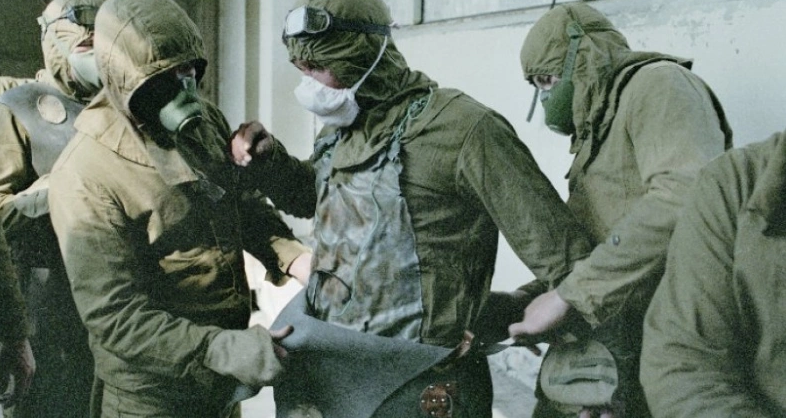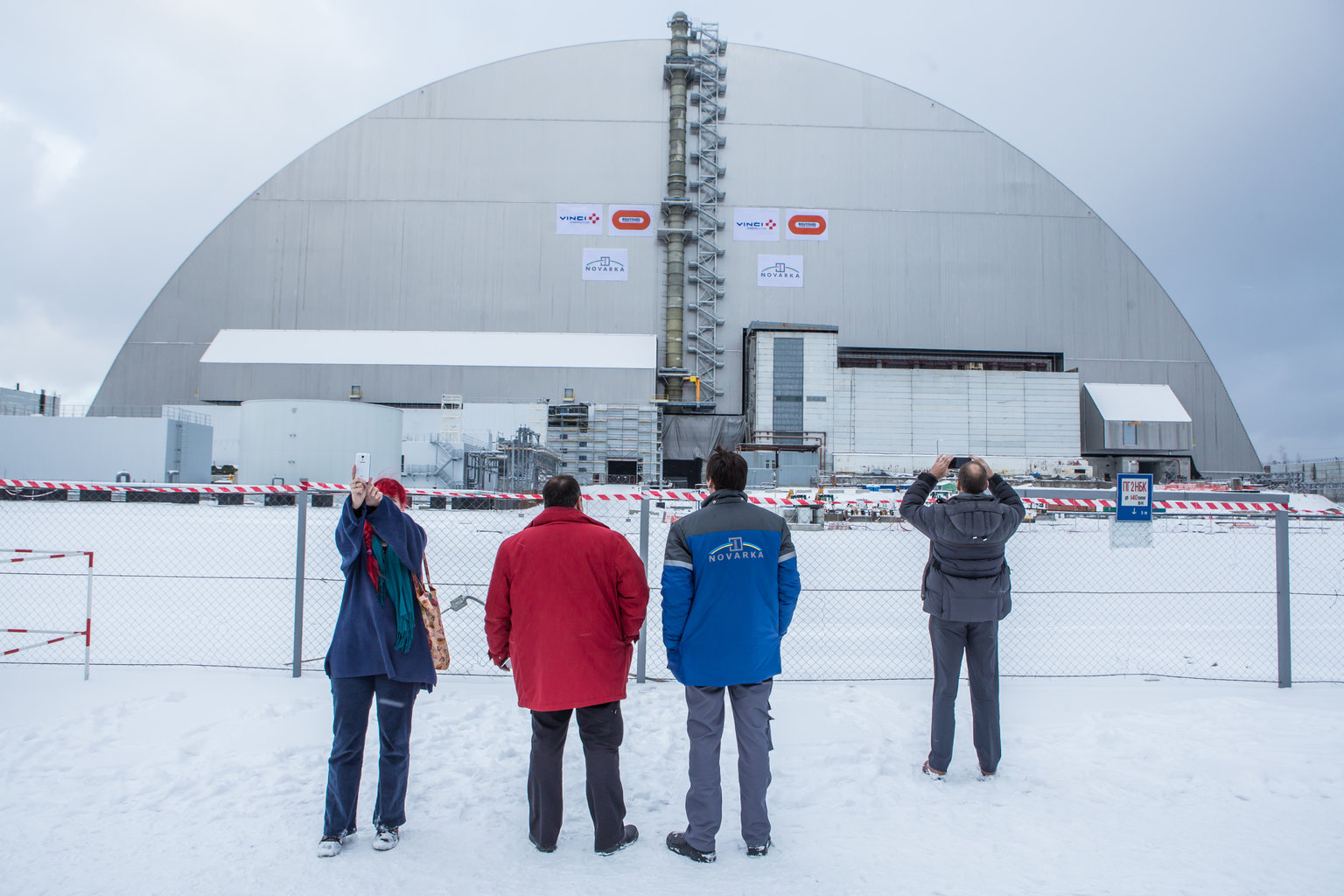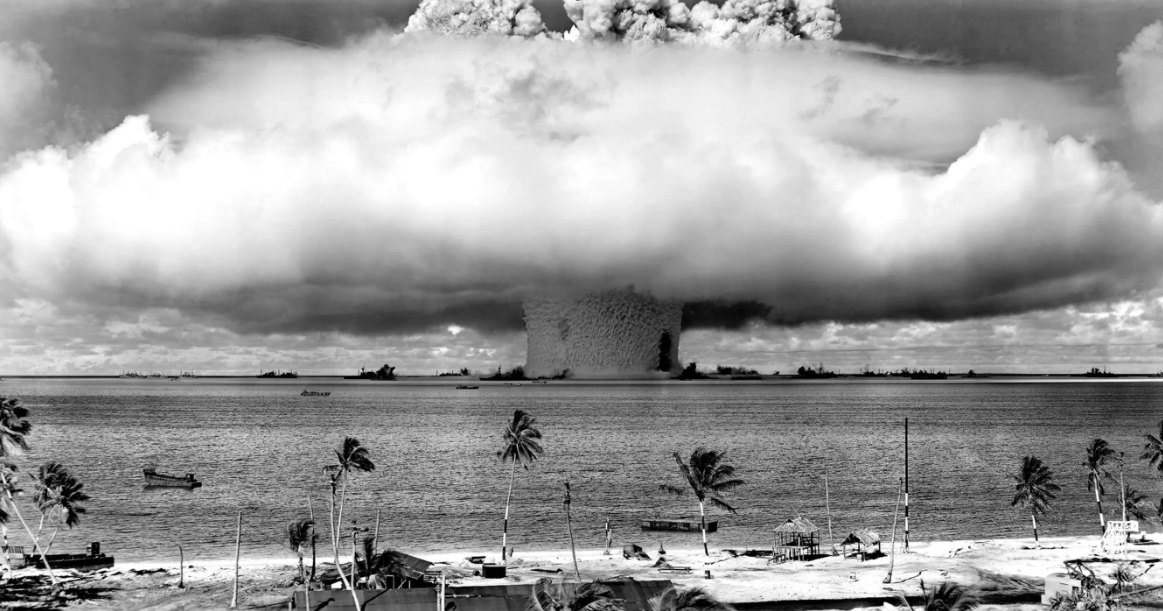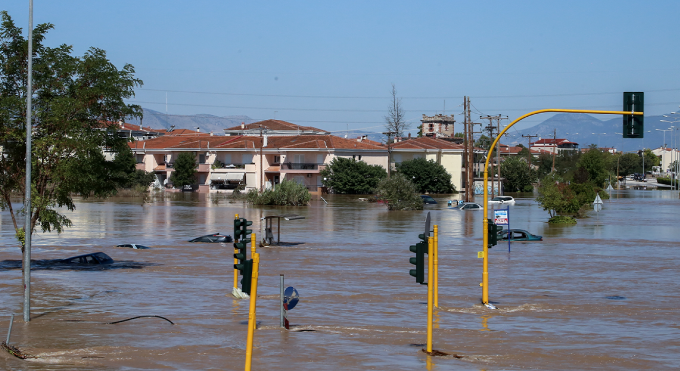When we think of ecological successes, it’s unlikely the 1986 Chernobyl disaster is high on anyone’s list.
Widely hailed as the worst nuclear accident to ever occur, the incident happened during a safety test at the Chernobyl Nuclear Power Plant in what was then Soviet Ukraine. The skies filled with contamination, with radioactive rain falling across Europe.
While the disaster killed fewer than 100 people in the immediate aftermath, the UN and WHO reported in 2005 that there had been 4,000 Chernobyl-related deaths. Other groups argue that the toll across Europe is actually as high as 16,000.
Around 117,000 people were evacuated from the immediate area, primarily from Pripyat, a city built to serve the power plant. An exclusion zone was established, with borders set up around an area of 30km radius from the remains of the plant. Parts of Belarus were also closed to humans, after experiencing the bulk of the radioactive rain.
Read more: Euronews


































